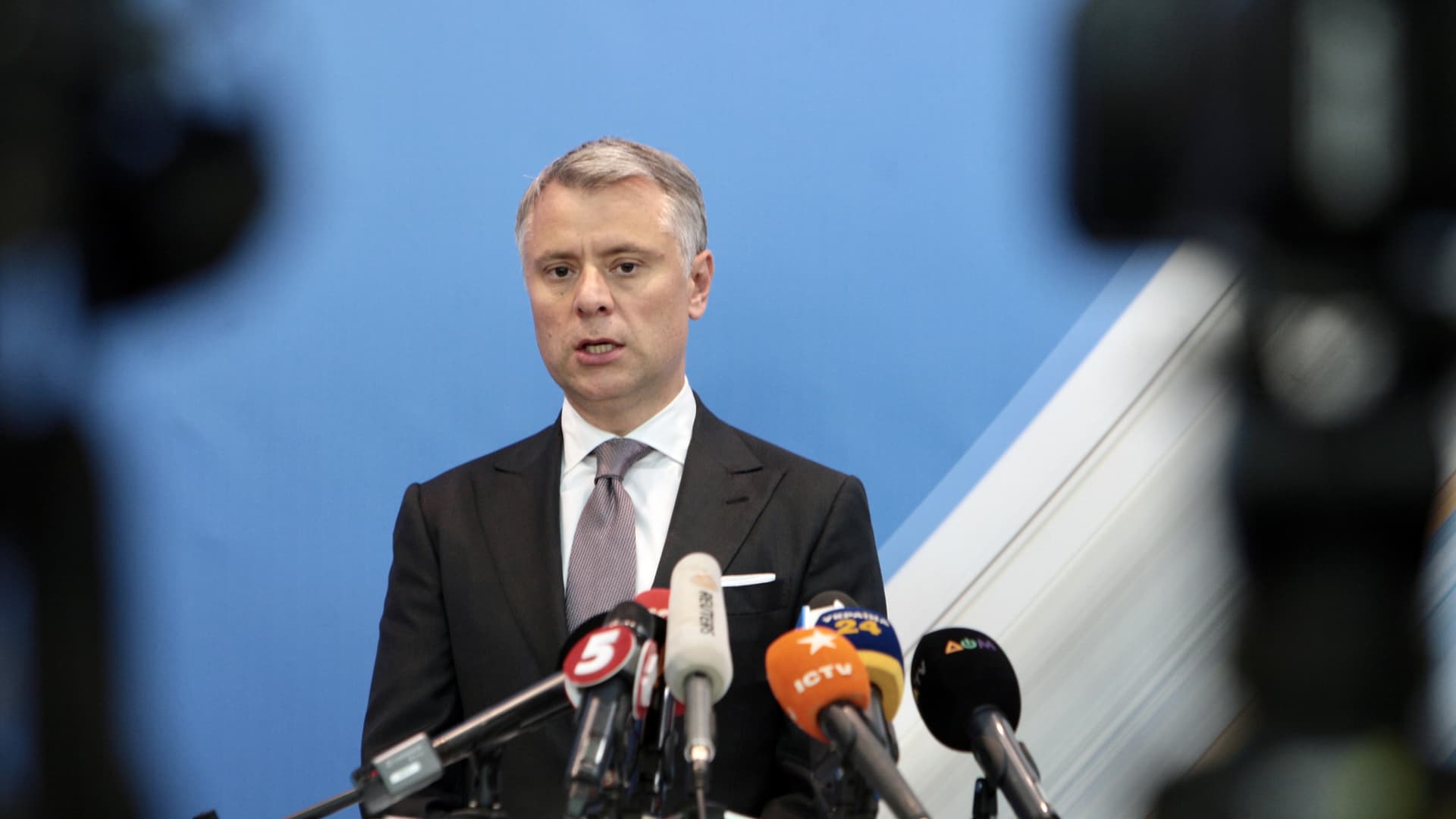The chief executive of Ukrainian state energy giant Naftogaz says oil producer group OPEC is on the wrong side of history in choosing to stick with Russia to stabilize energy markets.
Speaking to CNBC’s Hadley Gamble at the World Economic Forum in Davos on Monday, Naftogaz CEO Yuriy Vitrenko warned the Middle East-dominated group of exporting countries to recognize the Kremlin’s onslaught in Ukraine as a challenge to their wealth.
When asked whether OPEC was in danger of being out of sync with the international community over Russia’s widely condemned invasion, Vitrenko replied: “Yes, it seems like they are on the wrong side of history.”
“They have a vested interest in the economic development of the world, in the sustainability of the world and Putin is challenging this sustainability. He is challenging their wealth. Maybe they don’t understand it at the moment but if we live in the world that Putin wants us to live in, there will be no wealth for the Gulf countries,” he continued.
“Again, everything they have been building for years will just disappear. They have to be fully aware of it,” Vitrenko said.
A spokesperson for OPEC was not immediately available to comment.
Governments around the world have imposed a barrage of unprecedented punitive sanctions and severed economic ties with Russia in response to President Vladimir Putin’s war with Ukraine. However, OPEC does not appear willing to take similar action against Moscow.
Russia is a key partner in the wider OPEC+ energy alliance and is itself a major exporter of oil.
OPEC kingpin Saudi Arabia has previously said the group would keep politics out of its output decisions.
Speaking to CNBC in late March, Saudi Arabia’s Energy Minister Prince Abdulaziz bin Salman bin Abdulaziz said that OPEC’s very existence was dependent on the separation of its mission to stabilize oil prices from other geopolitical factors.
— CNBC’s Elliot Smith contributed to this report.
